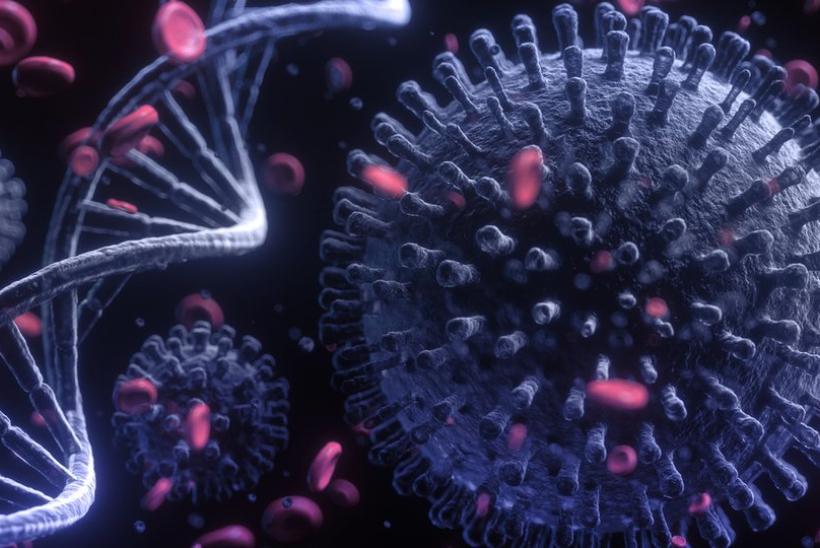Building our understanding of how children with rheumatic disease react to coronavirus infection
A new study has shown that, despite having immune dysfunction and often being on immunosuppressive treatments, children with autoimmune rheumatic diseases have a favourable immune response to common coronavirus infections.
New research into coronavirus infection
The COVID-19 pandemic has shown that different groups of people may be more susceptible to severe coronavirus infection including, in exceptionally rare cases, some children and adolescents. Initially children with inflammatory rheumatic diseases, such juvenile idiopathic arthritis (JIA), juvenile dermatomyositis (JDM), and juvenile systemic lupus erythematosus (JSLE) were considered at high-risk for these severe infections.
This was because of the immune dysfunction associated with their conditions and the immunosuppressive treatments they are often on. However, this new research, carried out by a team from the NIHR Great Ormond Street Hospital Biomedical Research Centre (GOSH BRC) and the Centre for Adolescent Rheumatology at UCL in collaboration with scientists at The Francis Crick Institute, has shown that children with these conditions do not have impaired responses to a common coronavirus.
There are four types of coronavirus that are endemic within the UK population, outside of the SARS-CoV-2 infection connected to the COVID-19 pandemic, the most common of which is HCoV-OC43. Within this study, researchers used blood samples from children to look at antibody responses to this common coronavirus and compared the response in samples from children with rheumatic diseases to those without.
The findings
Their results show that antibody responses in blood serum of children with rheumatic diseases are the same as, and in some cases stronger than, those seen in children of a similar age without these conditions. The researchers also noted that the blood serum of these children also contained antibodies that are known to respond to SARS-CoV-2 infections, even though the samples were collected before the pandemic. The researchers hope that by studying responses to other coronaviruses they will help other scientists understand and predict later stages of the ongoing pandemic.
We hope that this research will help to build a better picture of how specific groups respond to a common coronavirus infection. While we need more research that directly studies SARS-CoV-2 infections in children with rheumatic diseases, it is reassuring that these children have a normal response to a different coronavirus.
Dr Claire Deakin, co-lead author on the study
The work was funded in part by grants from Versus Arthritis, the Medical Research Council (MRC), Great Ormond Street Children's Charity and NIHR Great Ormond Street Hospital Biomedical Research Centre (GOSH BRC).
You can read the full research paper in Med: Cell Press.
Image from:


